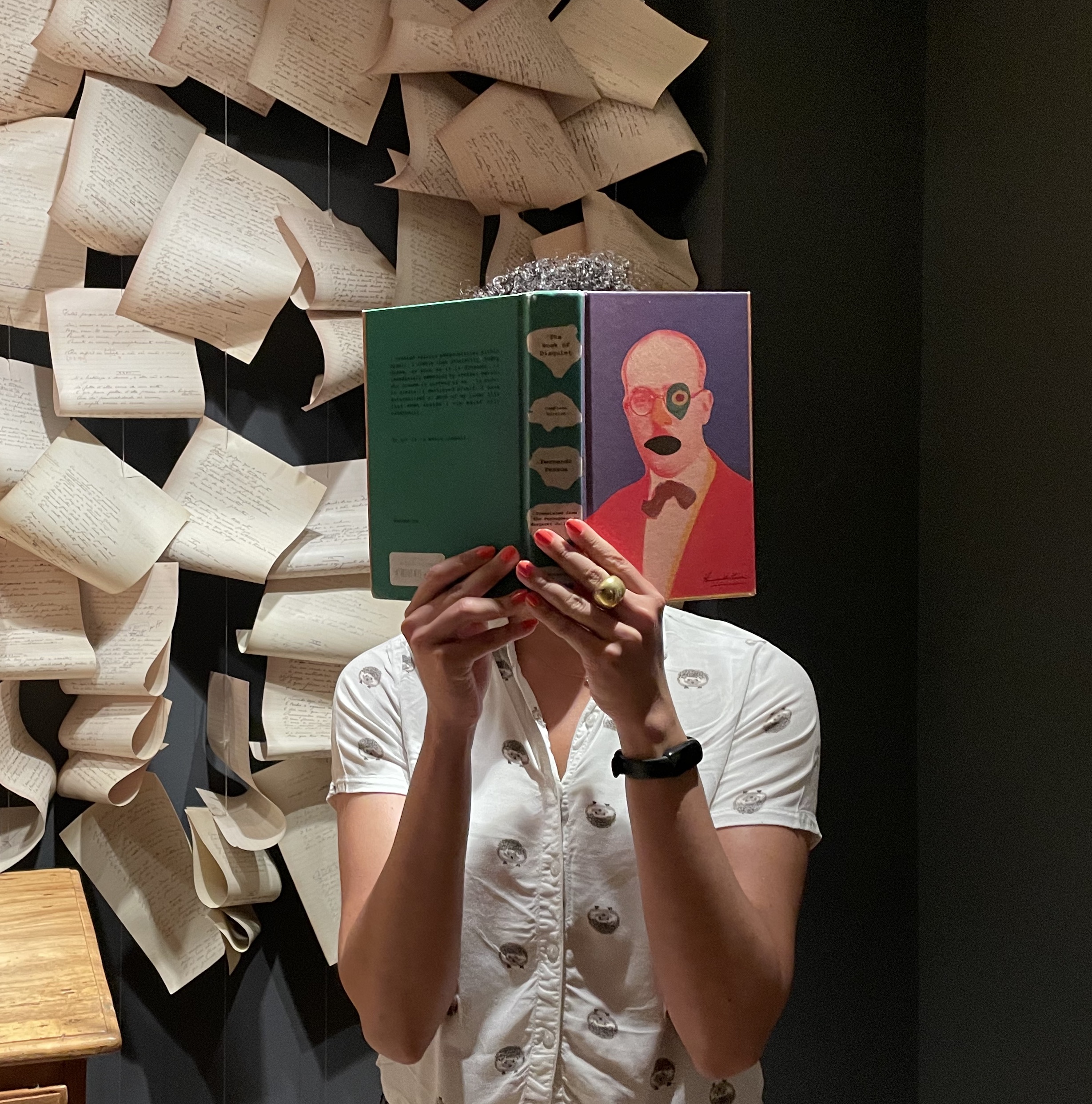and I can’t sleep so I’m up thinking
too hard scribbling these words in the dark
because the physics science news I read
before bed is making me crazy now
with incomprehension—it makes
no sense to me that gravity should exist,
what I know about is love:
that flaring up of caring connection
that lasts life-long and does not depend
on distance, and it makes no sense to me
that the speed of light in a vacuum
should be a constant in this universe
transforming at every instant along the way,
speeding and slowing, and it makes no sense
to me that there should have been an origin
of the universe and before that nothing—
surely it was everything, waiting there?
When our lives are spun out of star furnaces
and our histories of DNA mutable, shifting,
remaking themselves in us—all that stuff
of the universe spun out of nothing?
It makes no sense, and it makes no sense
that time should have a beginning and no end,
for what was the constant face of love
before time began and before matter
assembled and before that small dense crush
exploded into what, so very briefly,
would, some small fraction, run through
our bodies, changing daily,
the days of our lives—and where do they go?
Those we love? It makes no sense to me
that the light of their countenances
or the love we carry should wink out
and light, that constant of the universe,
speed on in nothingness, undeterred by loss.
Robin Chapman’s newest book, Six True Things, about growing up in the Manhattan Project town of Oak Ridge, Tennessee, is forthcoming this year from Tebot Bach. Author of nine other collections, including Dappled Things (Paris: Revue K, a portfolio pairing her poems with 23 of Peter Miller’s photogravures of Asian landscapes) and One Hundred White Pelicans, poems about climate change, she is the recipient of Appalachia’s 2010 Poetry Prize.
[Purchase your copy of Issue 09 here.]




